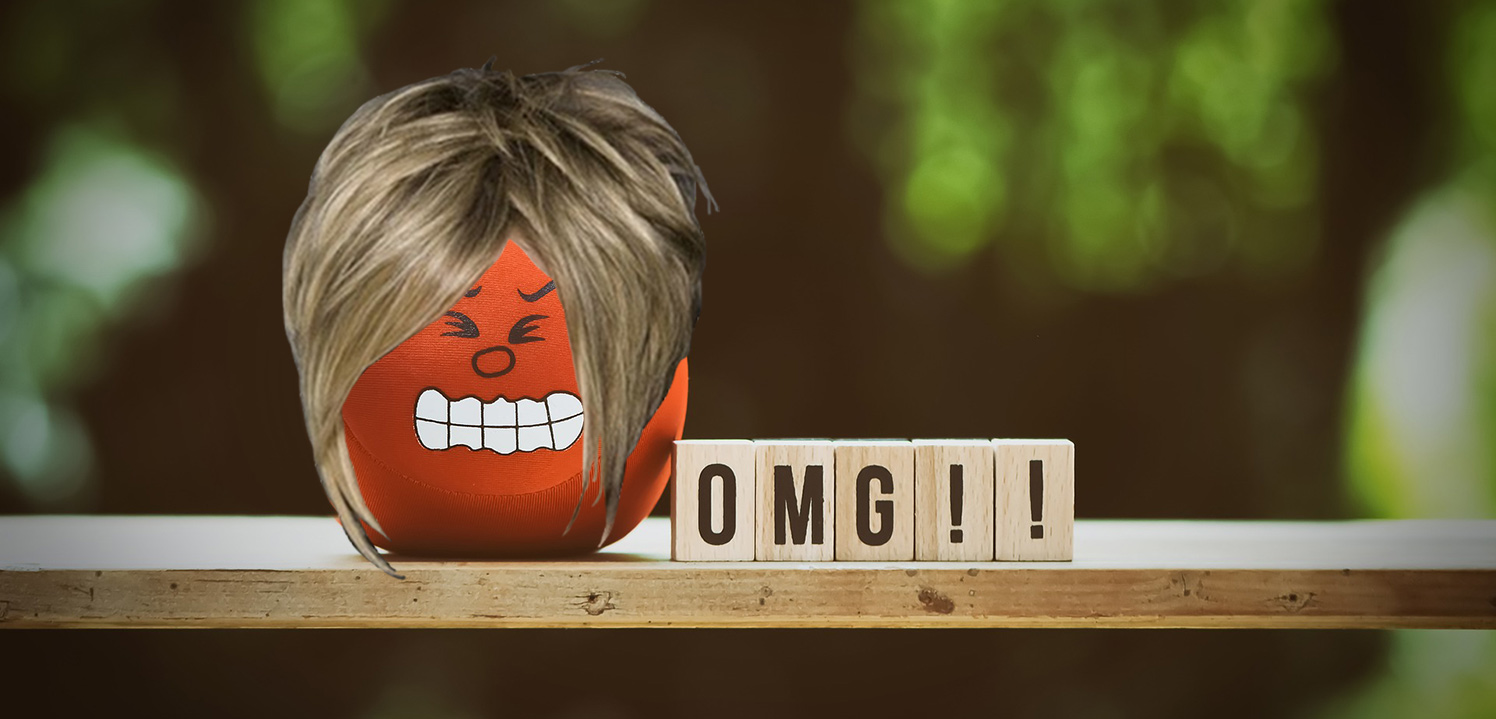Let’s talk about Karen
Did you know that Karen is a member of an indigenous people of Myanmar and Western Thailand? Or that the name Karen means ‘pure’, ‘clearness’ or ‘clarity’? Probably not. In fact, you probably think Karen is nothing more than a whinging middle-aged white woman with a questionable hairstyle.
The proliferation of the Karen meme over the last few years is a perfect example of the beauty (or should that be the horror) of the internet. Memes which start out as nothing special suddenly become mainstream and enter the parlance of modern-day culture.
But just because something becomes mainstream doesn’t necessarily make it acceptable. In fact, could calling someone a Karen actually be verging on sexism and racism? Let’s take a look.
What does Karen actually mean?
Karen has come to represent a middle-class white woman with an asymmetrical bob who is obnoxious, insensitive, and forever asking ‘to speak to the manager’ over minor inconveniences. She is basically someone who uses her white privilege to act and get whatever she wants, when she wants.
In fact, the Karen meme is so powerful, the haircut has developed a life of its own. Called the ‘Speak to the Manager’ haircut, you just need to add it to photos to indicate someone is a Karen. Cue Karen Horner!

So, where did Karen come from?
It’s hard to pin down Karen’s actual origins. Some say it’s from this famous line in “Mean Girls”.
Others say it originates with the comedian Dane Cook who dubbed Karen as the friend no one actually likes, and still others think it’s from a series of Karen memes regarding entitled women which went viral on Reddit in 2017.
But there is also a link to black culture, which has a history of calling difficult white women pejorative names. “Miss Ann” was used by black slaves to refer to white women who wanted to exert power over them and more recently there has been “Permit Patty” who called the police on a 8 year old black girl selling water, “BBQ Becky” who called the police on two black men grilling in a park and “Golfcart Gail” who called the police on a black father at his children’s football game.
These different monikers have now been distilled down into Karen, so when a white woman accused a black birdwatcher of “threatening her life” when he asked her to put her dog back on its lead, she was dubbed “Central Park Karen”. This resulted in The Guardian dubbing 2020 ‘The Year of the Karen” arguing that ‘Karen allowed for a new kind of discourse about racism to gain credence in the US.”
This rhetoric highlights one of other perceived characteristics of a Karen – she is racist and uses her white privilege to call out perceived transgressions by black people.
Is there a problem with Karen?
While all of us may have laughed at some of the Karen memes on the internet, the bottom line is Karen is a stereotype, which means it is just a lazy way of describing someone. Even worse, it’s not just a stereotype but is ageist, sexist and racist. Let’s face it, if someone introduced a “Kendra” meme to represent a bigoted, complaining black woman of a certain age with an afro, would it be all over the internet? Unlikely. Or as activist Maajid Nawaz put it, “If you legitimise “Karen”…, it won’t be long before “Leeroy” & “Abdul” become reciprocal insults.”
You could even argue the Karen meme is anti-women. While it might have originally been used as a way to call a woman out for using her white privilege to get her own way, now it’s used to denigrate any white woman of a certain age. And given Karen peaked in popularity as a name in 1965, that’s anyone over the age of 58. And the fact it is potentially misogynistic is backed up by the fact the male counterpart is actually Male Karen. This phrase entered the Urban Dictionary in 2021 and is described as ‘A male that acts like a Karen’.
Mainstream usage doesn’t make it right
Given the backlash against Bud Light and Nike for using transgender influencers rather than women in their marketing campaigns, you would think there would have been a bit more of a backlash against the use of Karen, as ultimately it feels like it’s just another way to silence women. Need to make a complaint, ask to the see the manager or just need to stick up for yourself – go ahead, but it does make you a Karen!
But a quick look on Twitter (sorry, X just doesn’t sound right!) and Karen is very much alive and kicking with hashtags such as #karen #karenstrikesagain and #karentantrum trending even now.
Even more concerning is some brands think it’s clever to ride on the coattails of Karen’s prevalence online to incorporate it into their marketing. Domino’s New Zealand thought it was a really good idea to give free Pizza to all ‘nice Karens’ while Publicis launched a worldwide ‘Calm your inner Karen’ campaign. And then of course The Guardian and the BBC also seem to think using the word Karen is acceptable as it’s been used in numerous articles and podcasts. But all of this raises the question of why everyone finds it so acceptable to basically insult someone in such a derogative manner?
Sadly, it doesn’t look as though the Karen meme is going away anytime soon, but people would do well to remember that racism (yep, we went there) comes in many disguises, so just because it’s in the mainstream, doesn’t make it right.
However, we have to hand it to this company who have capitalised on this internet phenomenon to set up their own business, Karens for Hire. Basically they ‘Karen, so you don’t have to’. And grudgingly we have to concede, their logo might just be pure genius!
